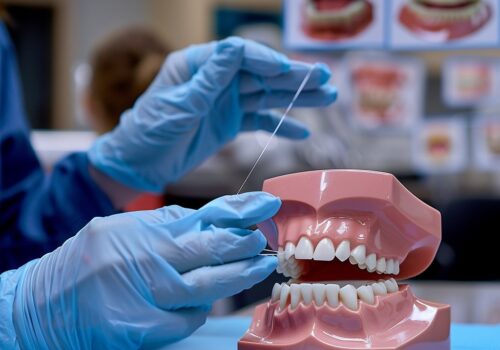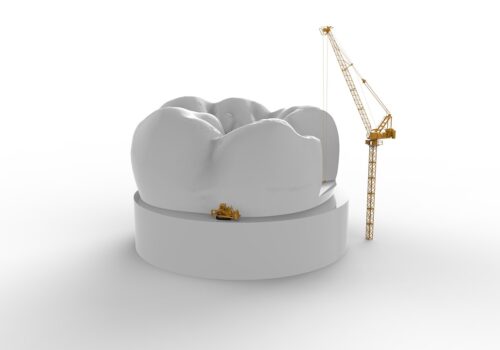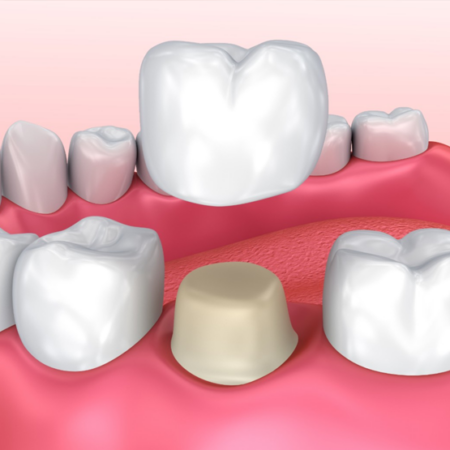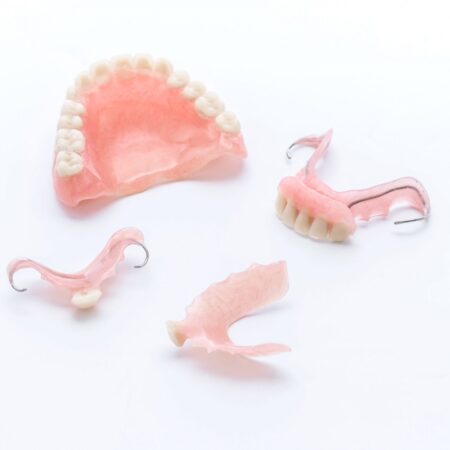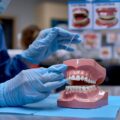Artificial Intelligence: Transforming Your Smile
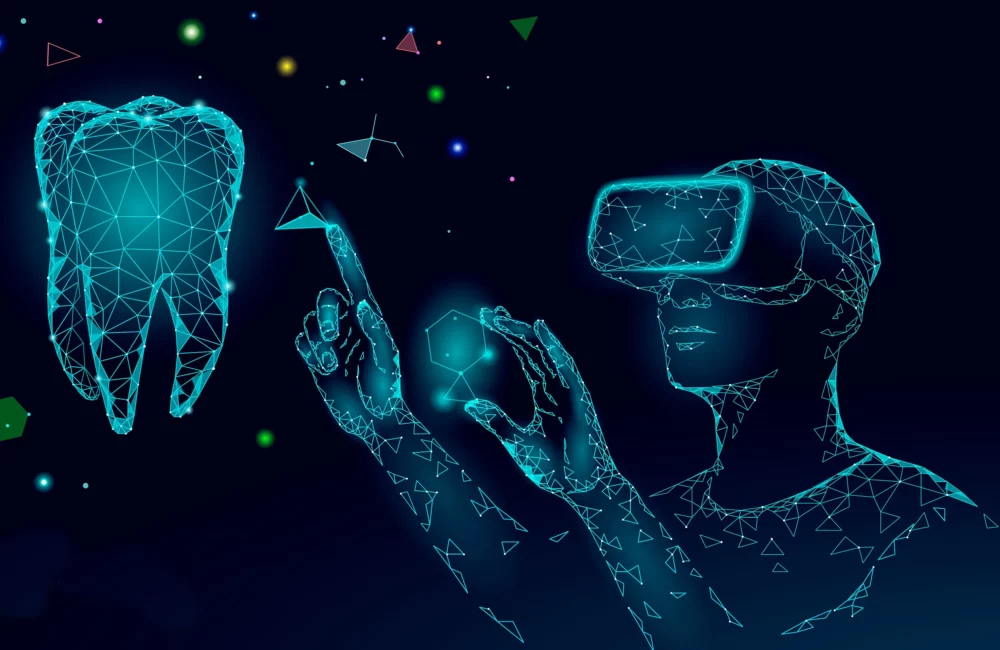
The world of dentistry is undergoing a fascinating transformation, and at the forefront of this change is the exciting potential of artificial intelligence (AI). AI is no longer science fiction; it’s rapidly becoming a reality in dental practices, promising to enhance patient care, improve treatment outcomes, and even streamline workflows for dentists.
So, how exactly is AI impacting dentistry? Let’s explore some key areas:
-
Sharper Diagnoses, Better Outcomes:
Imagine AI acting as your dentist’s super-powered assistant. By analyzing dental X-rays and scans, AI algorithms can assist dentists in identifying cavities, gum disease, and even potential signs of oral cancer with exceptional accuracy. This can lead to earlier diagnoses, allowing for more effective and less invasive treatments.
-
The Future of Treatment Planning with artificial intelligence:
AI is revolutionizing treatment planning, particularly in orthodontics and implant dentistry. AI can analyze patient data and facial structures to create personalized treatment plans, leading to more predictable outcomes and shorter treatment times. For example, AI can help determine the ideal placement for implants or predict how teeth will move during orthodontic treatment with braces or clear aligners.
-
Beyond the Diagnosis: A Patient-Centric Approach:
AI isn’t just about fancy algorithms. It can also play a role in improving the patient experience. Imagine AI-powered chatbots answering your initial questions or providing post-operative care instructions. AI can even help with appointment scheduling and insurance claim processing, making dental care more convenient and accessible.
-
The Power of Prediction with the artificial intelligence:
One of the most exciting aspects of AI in dentistry is its potential for preventative care. By analyzing patient data and dental history, AI can predict a patient’s risk of developing certain dental problems. This allows dentists to implement preventive measures before issues arise, keeping your smile healthy for longer.
Of course, artificial intelligence is still in its early stages within dentistry, and there are limitations to consider. AI should always be seen as a tool to assist dentists, not replace their expertise and judgment. Additionally, ensuring the security and privacy of patient data is paramount.
However, the potential of AI in dentistry is undeniable. As technology continues to develop, we can expect to see even more innovative applications emerge, shaping the future of dental care and ensuring a brighter, healthier smile for everyone.




